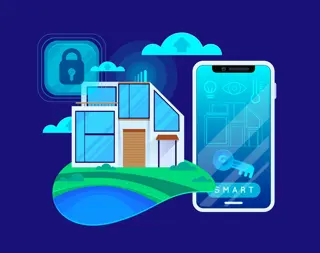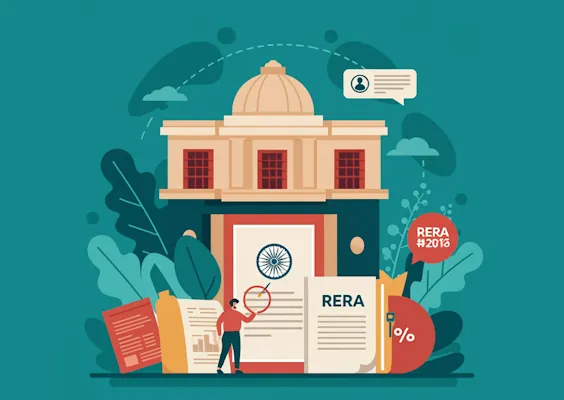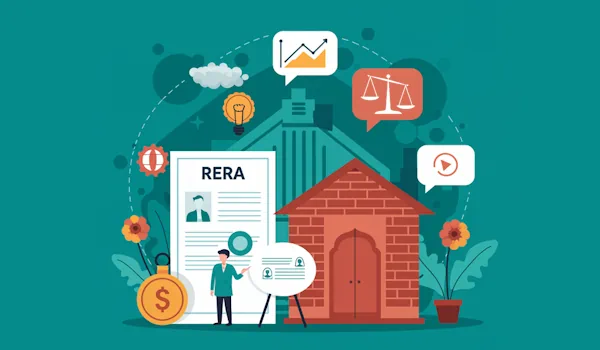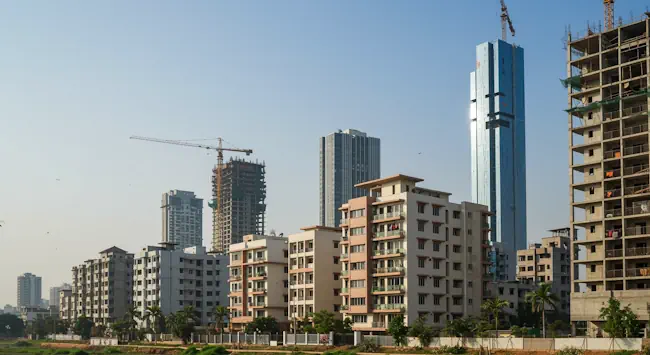
Noida Authority merges with Registration Bill 2025 to introduce online applications, real-time tracking, and digital payments, streamlining property transactions for transparency and investor trust.

New Haryana RERA regulations require real-time construction updates and timely project delivery in Gurgaon, enhancing transparency, accountability, and reducing homebuyer disputes.

Raipur's Municipal Corporation collaborates with Airchains to implement blockchain technology for property registrations, enhancing transparency and combatting fraud through secure digital documentation.

Bhubaneswar RERA introduces stricter compliance measures to enhance transparency and protect homebuyer interests in Odisha’s rapidly growing real estate market, focusing on timely project delivery and regulatory reforms.

MAHARERA revokes registrations of 13,785 real estate agents for regulatory non-compliance, emphasizing integrity and accountability in the industry.

India's 2013 Land Acquisition Act aimed to ensure fair compensation and transparency but faces challenges like high costs and complexity.

Homebuyers can now check details of project and developer complaints on the MahaRERA website, enhancing transparency and aiding informed decision-making.

Maharashtra's e-registration for property sales starts on October 2, aiming to increase transparency and efficiency in the real estate sector.

SDMC approves 180 building plans in 2 months after digitizing and simplifying the approval process, leading to increased rule compliance and reduced corruption.

Haryana CM directed a status check on licensed residential and commercial projects amidst rising complaints against developers. The government reviews Unitech's projects and duties.

The Department of Registration and Stamps in India is working towards establishing an online system for property valuation and stamp duty assessment, aiming to increase transparency and reduce corruption.

Despite efforts to increase transparency, Mumbai's building plan approval system faltered. Approved construction plans were not uploaded to the website, hindering access for potential buyers.

The Government has finalized rules for the Land Acquisition Act, emphasizing fair compensation and transparency. Public comments are invited within 45 days.

The real estate bill is expected to pass in the upcoming parliament session, protecting buyers from unethical builders.

CREDAI urges Parliament for consumer-friendly real estate reforms, citing stalled projects and the need for "Home for All." They criticize the one-sided regulatory bill and suggest a single-window clearance system.

The Indian government is introducing a regulatory bill to curb black money in real estate and foster transparency in the sector.

Maharashtra High Court orders real estate builders to pay 5% VAT by October 31, but many developers are pressuring buyers to pay due to lack of proper records.

Real estate Private Equity firms face liquidity issues due to demands for increased transparency from investors. This situation is seen globally, not just in India.

CREDAI urges 10,000+ members to reject bribery, combatting corruption allegations in real estate. President Lalit Kumar Jain announced an "all-out war" against corruption, advocating for administrative reforms and transparency.

CREDAI expels and witnesses the resignation of several developers over non-compliance with its transparency-focused code of conduct.

PwC stated at a conference that due to the global financial crisis, emerging markets' GDP may exceed advanced economies' sooner than anticipated, requiring real estate investors to adapt.

CREDAI introduces a new transparency system for Chhattisgarh real estate developers, focusing on clear dealings, consumer redressal, and adherence to a code of conduct.

New real estate bill aims to protect homebuyers by regulating developers, ensuring project legitimacy and transparency through mandatory registration and approvals.

Wealthy Indians are increasingly interested in land as an investment option amid volatile markets. A significant 48% of high net worth individuals (HNIs) plan to increase realty investments over the next 12 months, according to a Barclays report.

Indian real estate businesses are embracing IT solutions to automate processes, enhance transparency, and improve performance.